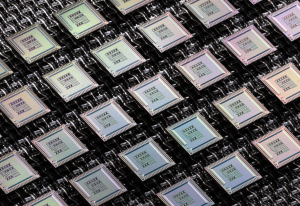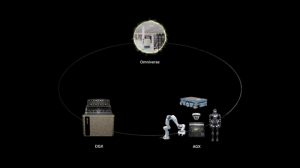KAISERSLAUTERN – Hitachi, Ltd. and the German Research Center for Artificial Intelligence GmbH (DFKI) have introduced an innovative AI technology capable of recognizing and quantifying the physical load experienced by workers in real-time. Utilizing motion data captured by wearable sensors, the AI-based system enables precise assessment of each body part’s movement, offering valuable insights to enhance worker safety and health in industrial settings, according to a press release published on EuropaWire.
The collaborative effort between DFKI and Hitachi aims to address the growing importance of worker safety and health in manufacturing and maintenance industries. By standardizing work skills and providing effective feedback based on quantified physical load, the new AI technology seeks to improve productivity and mitigate risks associated with manual labor.
At Hannover Messe 2019, scheduled from 1-5 April 2019 in Hannover, Germany, DFKI and Hitachi will showcase a portion of this cutting-edge AI technology, highlighting its potential to revolutionize workplace safety and performance.
Traditionally, recognizing worker activities and assessing physical load have posed challenges, particularly in complex production environments with limited visibility. However, the newly developed AI solution leverages wearable devices to directly measure body movements and analyze data using advanced Deep Learning techniques.
Key features of the AI technology include the ability to:
- Directly measure body movements: Sensors embedded in wearable devices capture the movements of over 30 body parts, enabling precise recognition of basic human actions.
- Quantify physical load: Through AI-driven models and time-series data processing, the technology accurately estimates physical load from observed actions, empowering workers with real-time feedback on their movements.
Experimental trials, including tasks involving heavy object handling, have demonstrated the system’s efficacy in providing instant evaluations of physical load and identifying areas for improvement. By analyzing discrepancies between a model worker’s movements and those of an individual worker, the AI technology offers targeted guidance to enhance safety and prevent injuries.
Hitachi and DFKI envision broader applications of the AI-driven technology across various industries, including sports and entertainment. Furthermore, ongoing research aims to optimize workplace environments and foster a culture of continuous improvement, ultimately promoting safer, more efficient operations.



















